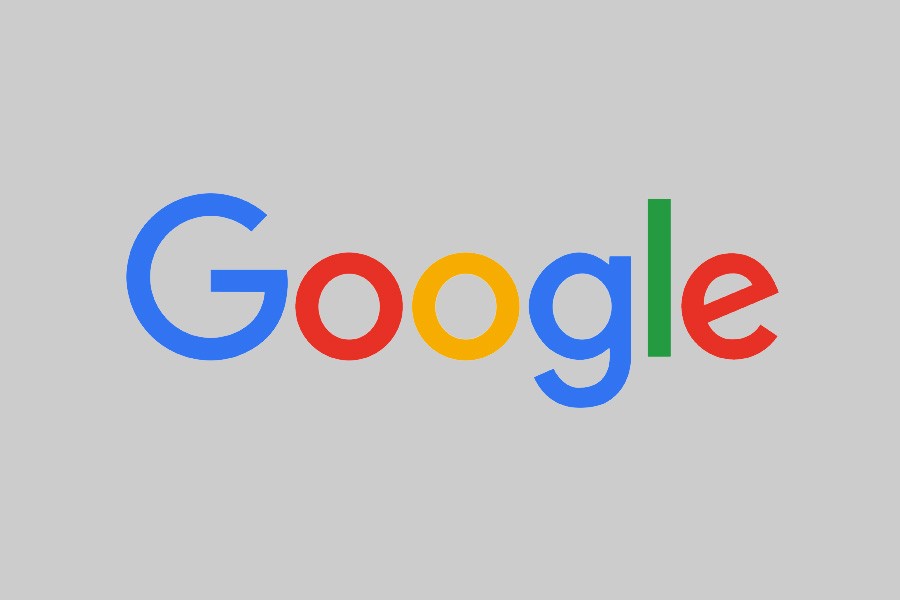Google, which is already under federal investigation over claims of unfair pay practices, has been sued by three former employees who allege that the company pays women less than men for similar work.
The lawsuit, which was filed Thursday in California Superior Court in San Francisco by Kelly Ellis, Holly Pease and Kelli Wisuri, is seeking class action status to cover women who have worked at Google over the past four years, reports NBC News.
"Google has discriminated and continues to discriminate against its female employees by systemically paying them lower compensation than Google pays male employees performing substantially similar work, under similar working conditions," the complaint reads.
Gina Scigliano, a spokeswoman for Google, said in a statement that the company works "really hard to create a great workplace for everyone, and to give everyone the chance to thrive here."
"In relation to this particular lawsuit, we'll review it in detail, but we disagree with the central allegations. Job levels and promotions are determined through rigorous hiring and promotion committees, and must pass multiple levels of review, including checks to make sure there is no gender bias in these decisions," she said. "And we have extensive systems in place to ensure that we pay fairly."
Scigliano said that if discrepancies or problems are noticed during a review process, Google's team strives to fix them to ensure that everyone is treated fairly.
Google is under investigation by the US labour Department over claims that it didn't fairly pay some female employees. The allegations stem from a January lawsuit in which the labour Department asked Google to hand over compensation data.
In an April blog post, Eileen Naughton, Google's vice president of people operations, wrote that the company was "quite surprised" at the allegations and that they came "without any supporting data or methodology."
The three women, who no longer work at Google, allege in the lawsuit that they were paid less than male co-workers for doing similar work and were placed on lower job ladders, leading them to miss out on opportunities for promotions, bigger bonuses and raises.
Ellis, who graduated in 2006, was hired four years later as a software engineer a few weeks before a male co-worker with the same level of experience also joined her team. Despite their having similar experience and having started around the same time, the complaint alleges, the male employee was placed on a Level 4 software engineering ladder, earning him more pay and opportunities. Ellis, who got excellent performance reviews, was one rung below on Level 3, according to the complaint.
Wisuri was brought on in a Level 2 sales role, while she saw men with comparable experience being brought in at a higher level at which they could earn more commission, the suit alleges.
Pease, who joined Google with a decade of experience as a network engineer, oversaw technical staff. However, she wasn't considered a technical employee, so her pay was limited by remaining on the "business systems" career ladder, the suit says.
"Google's motto is to do no harm, but it has harmed its women employees by not treating them as well as its male employees. It is time for that to stop," James M. Finberg, an attorney for the plaintiffs, said in a statement.
The lawsuit, which seeks back pay and compensation — including wages, stock and bonuses — and an order that Google change its policies, comes one month after James Damore, then employed as a Google engineer, posted a 10-page document on internal message boards that was leaked to the media and given the name the "Google Manifesto."
Damore claimed in the essay to explain why more women aren't in engineering positions, chalking the disparity up to "biological" differences and advancing generalisations that women don't tend to handle stress well and are more neurotic.
Damore was fired, but he told NBC News last month that he was only trying to make a point.
"I'm not just attacking diversity. I'm just attacking the fact that we can't honestly discuss any of these issues, and that is actually hurting the problem," he said.
Google Chief Executive Sundar Pichai told employees last month in an e-mail that parts of the so-called manifesto violated Google's code of conduct and crossed the line by advancing gender stereotypes in the workplace.


